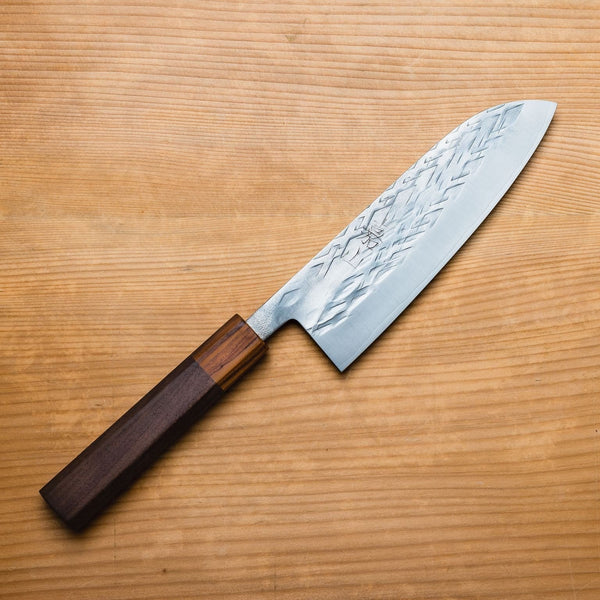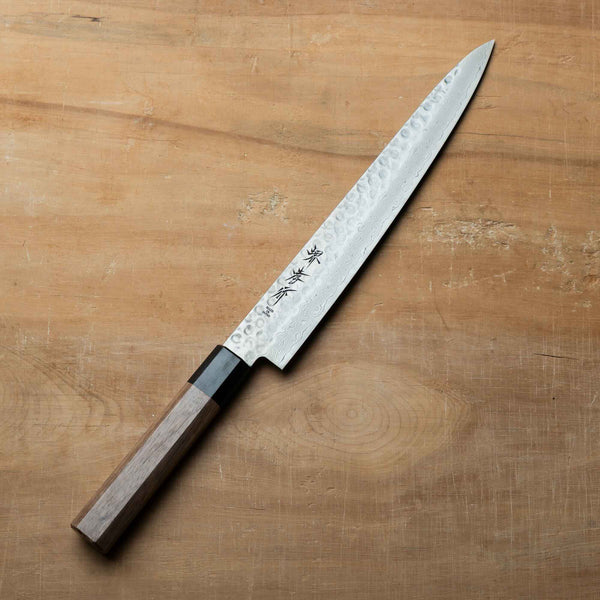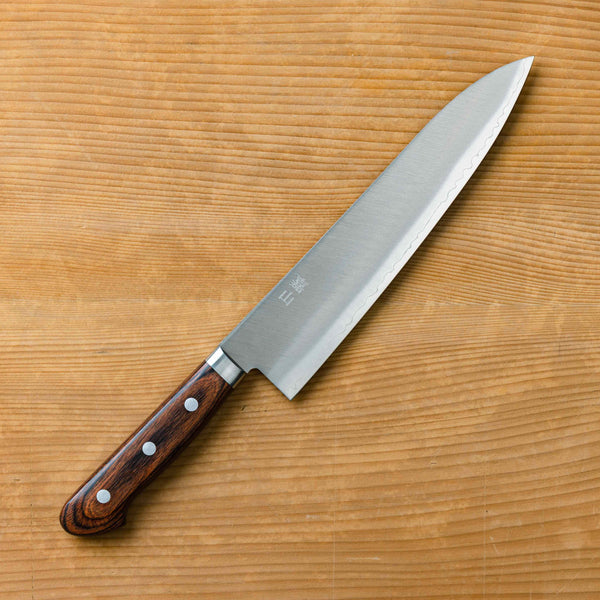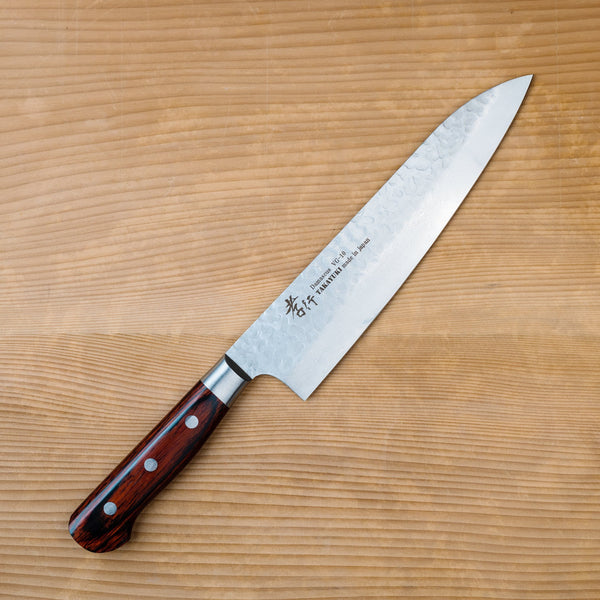Traditional Japanese Knives
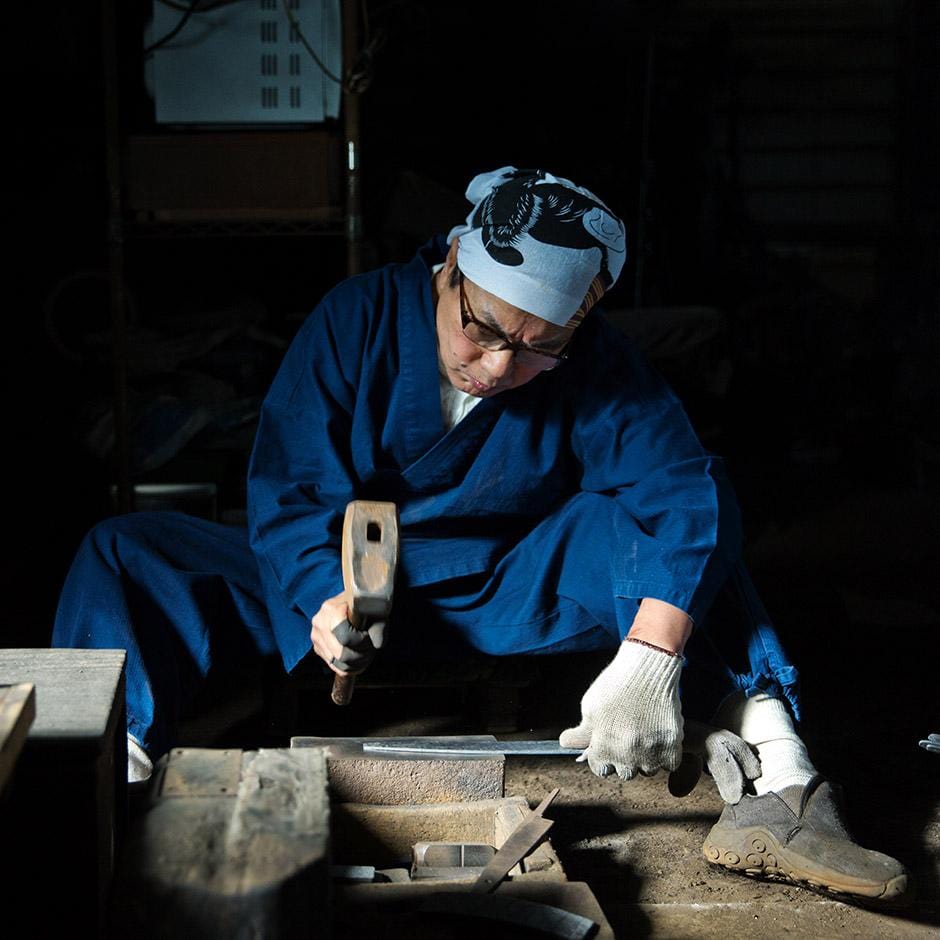
Who We Are
Founded in 2012, by Jeremy Watson, the Chubo Knives team brings over two decades worth of experience with Japanese craftsmanship and knowledge of knife-making. Our in-depth restaurant industry knowledge and hospitality mentality has been a cornerstone in creating a business in-tune with the needs of the world's top chefs and culinary professionals.
Our team is in Japan and New York and we make regular restaurant kitchen visits and host pop-up shops all over the world. We travel throughout Japan meeting blacksmiths and artisans. It is through the act of forging relationships we have expanded our hand-crafted and traditional Japanese knives collection and other product lines.
Philosophy
Chubo was created with the goal of sharing the immense and unparalleled talent of Japanese blacksmiths with chefs and culinary enthusiasts around the world.
Despite the growing awareness and popularity of hand-crafted and traditional Japanese kitchen knives around the world, the number of people hand-forging blades, hand-finishing edges and crafting wood handles decreases every year.
We hoped through our business, we could contribute in a small way to preserving the ancient craft Japanese knife makers provide: a vital source of tools for the culinary world.
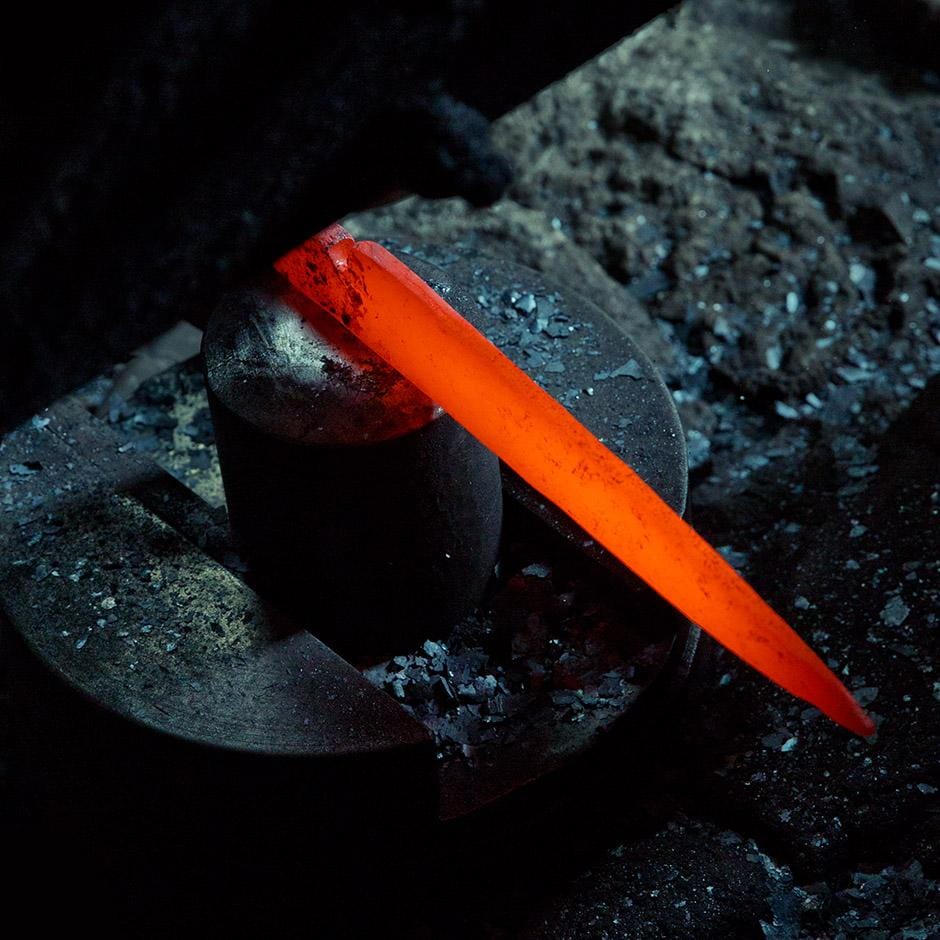
Location
Our online store of high-quality Japanese knives and accessories for sale is our primary retail location for our customers around the globe. We have offices in Tokyo and New York, and our team travels regularly in North America, Oceania, and Europe.
Stay In Touch
Join our Mailing List to be the first to learn about new products, events, special offers and sales. Follow us on Instagram. We love seeing our products in use out in the world. Tag us or use #chubointhekitchen. We always share our favorites.
Orders
If you would like to put your kitchen on our radar for future sales visits or place a large opening order, please get in touch. Online orders ship worldwide from our Japan warehouse.
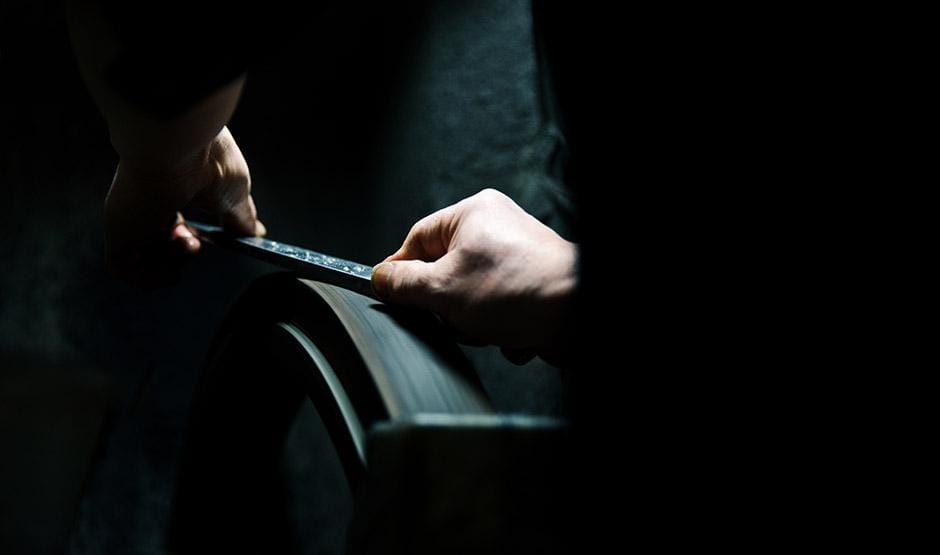
Sharpening
Every cook knows, your knives are only as good as the condition of your blades. A razor-sharp edge makes for more precise cuts and is essential for knives to perform at their peak potential. No matter how hard the steel is, all knives require regular sharpening and maintenance. Never use an automatic knife sharpener on Japanese knives, it can damage the blade angles and will remove more steel than necessary, shortening the lifespan of the blade.
We recommend using waterstones to carefully return a blade's edge to its full potential. We have a wide range of Japanese sharpening stones for all steels. Read our guide to choosing a sharpening stone, shop our sharpening stone collection and visit our blog for tips and techniques for knife maintenance and sharpening.
Our Customers
It is our honor to supply the best Japanese knives, knife sets, kitchen tools and tableware. We provide cutlery for some of the finest chefs, sushi chefs and restaurants in the world. You will find our products in use at Daniel, Cosme, Le Coucou, Contra, The Grill, Rose's Luxury, Pineapple & Pearls, Fork, Spoon & Stable, Rustic Canyon, State Bird Provisions, Quince Restaurant, Senia, Pujol, Dersou, Dinner by Heston Blumenthal, Atoboy, Tetsuya's and The French Laundry to name a few.
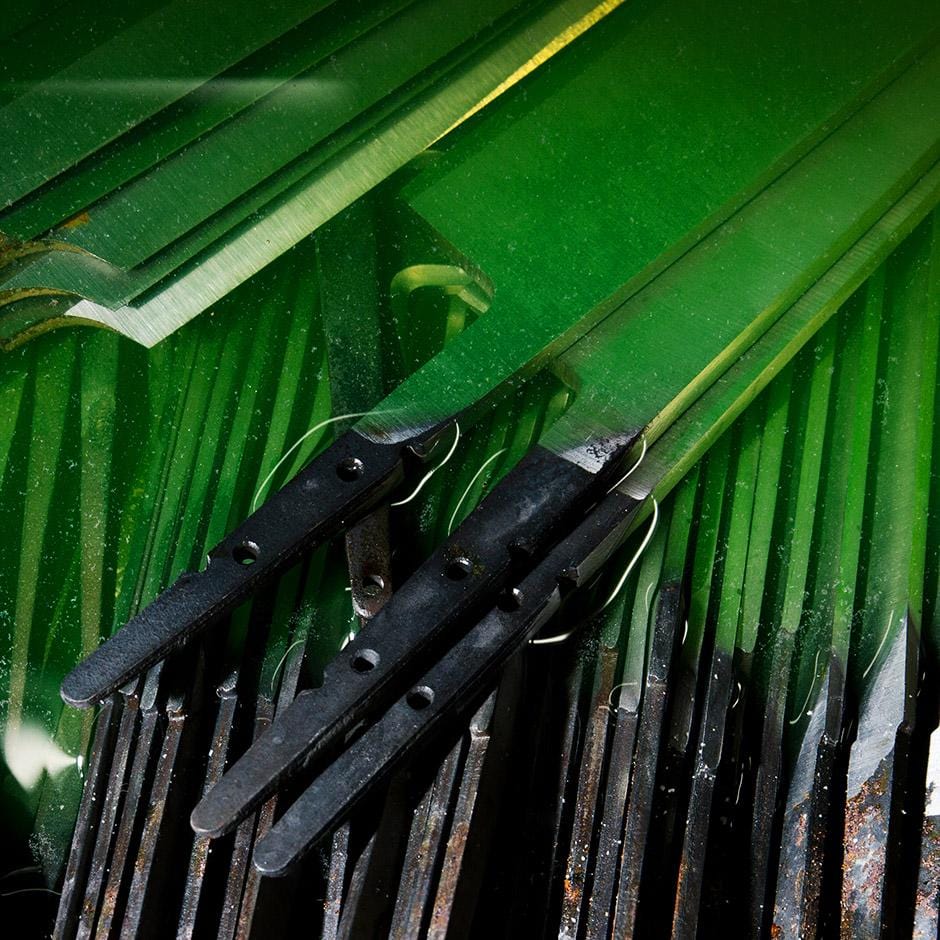
"You can't go far without a great knife, and I highly recommend Chubo Knives. They are extremely sharp which will allow you to have knife skills of even the most trained chef."
- Gunner Gíslason, Chef of Dill & Agern
Testimonials
"Working with Chubo, I have found the sheer level of service and care they put into their knives unparalleled. Chubo introduced me to craftsman Takeda's knives and it changed my life. Just a perfect attachment to my hand. The weight, balance and ease of maintenance are amazing. Like a razor blade every time."
- Chris Shepherd, Chef Owner of One Fifth Houston
"I really appreciate the way Chubo is always looking for new knife makers to work with. They have the understanding that cooks can't always afford extremely high end knives but still want to work with exceptional product."
- Jeremiah Stone, Co-Chef and Co-Owner
"Chubo feels like part of our family. They work with as much urgency, service and care as we put into the business ourselves. They treat our business with the same level of attention that they treat their own. Aside from great quality product (and it truly is), they also get us access to stuff no one else can get us."
- Aaron Silverman, Chef Owner, Rose's Luxury + Pineapples and Pearls

Why Japanese Knives?
More and more home cooks and professional chefs are turning to Japanese knives for their cutting needs in the kitchen. But what makes these knives so special? Key features such as metal composition, weight and blade thickness, blade angle, and sharpness set them apart from the rest.
Metal Composition
The defining characteristic of Japanese knives lies in the metal composition of their blades. Crafted using a variety of Japanese steels, these knives are generally harder and forged thinner by skilled blacksmiths. This results in better edge retention and precise cutting performance. High-quality materials like carbon steel and Damascus steel enhance durability and sharpness.
Weight and Blade Thickness
Unlike traditional European-style knives, which tend to be thicker and heavier, Japanese knives are typically lighter and thinner. This unique design ensures excellent balance and comfort, especially during long hours of use in a professional kitchen or at home.
Blade Angle
One standout feature is the steeper blade angles crafted by Japanese artisans. This design allows the knife to glide effortlessly through ingredients with minimal resistance. It's no wonder these knives are often referred to as "lasers" in the culinary world.
Sharpness
High-quality Japanese knives are renowned for their exceptional sharpness. Carefully sharpened by expert craftsmen, these knives offer unparalleled out-of-the-box performance. Thanks to their steel composition, they maintain a razor-sharp edge for extended periods, making them a top choice for professional chefs and discerning home cooks alike.








